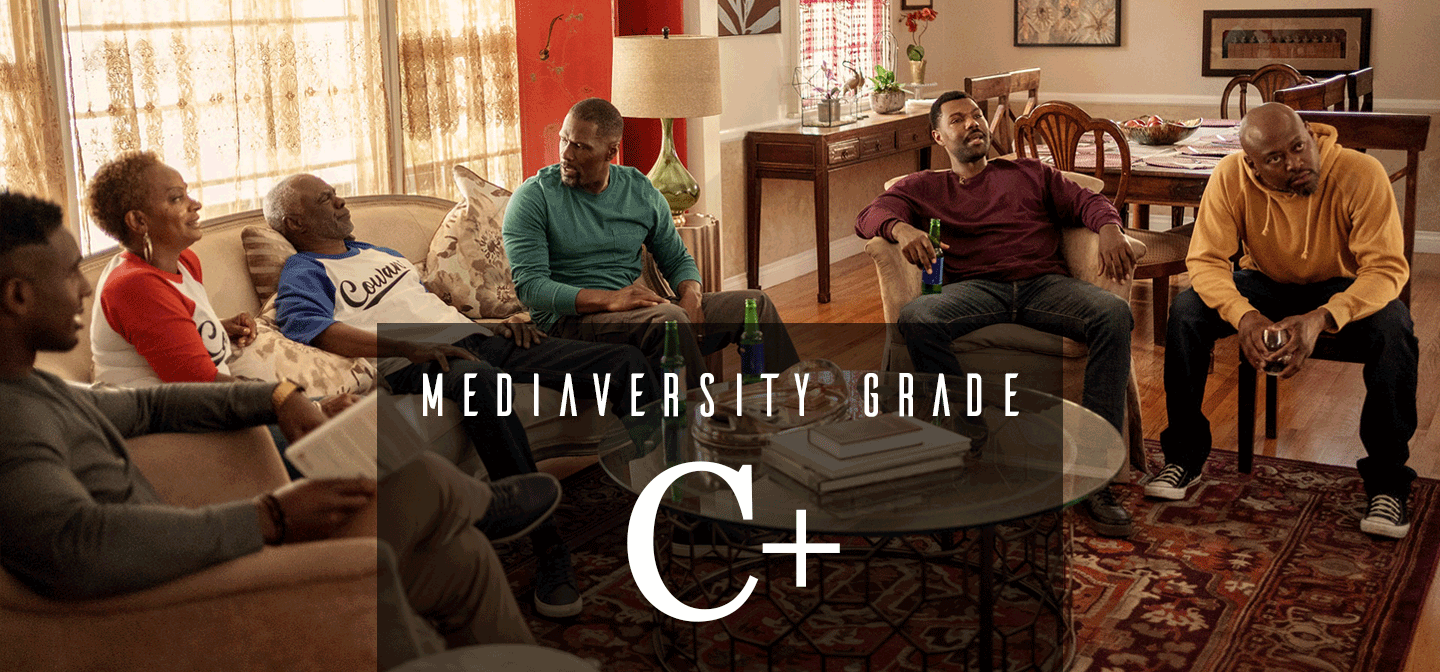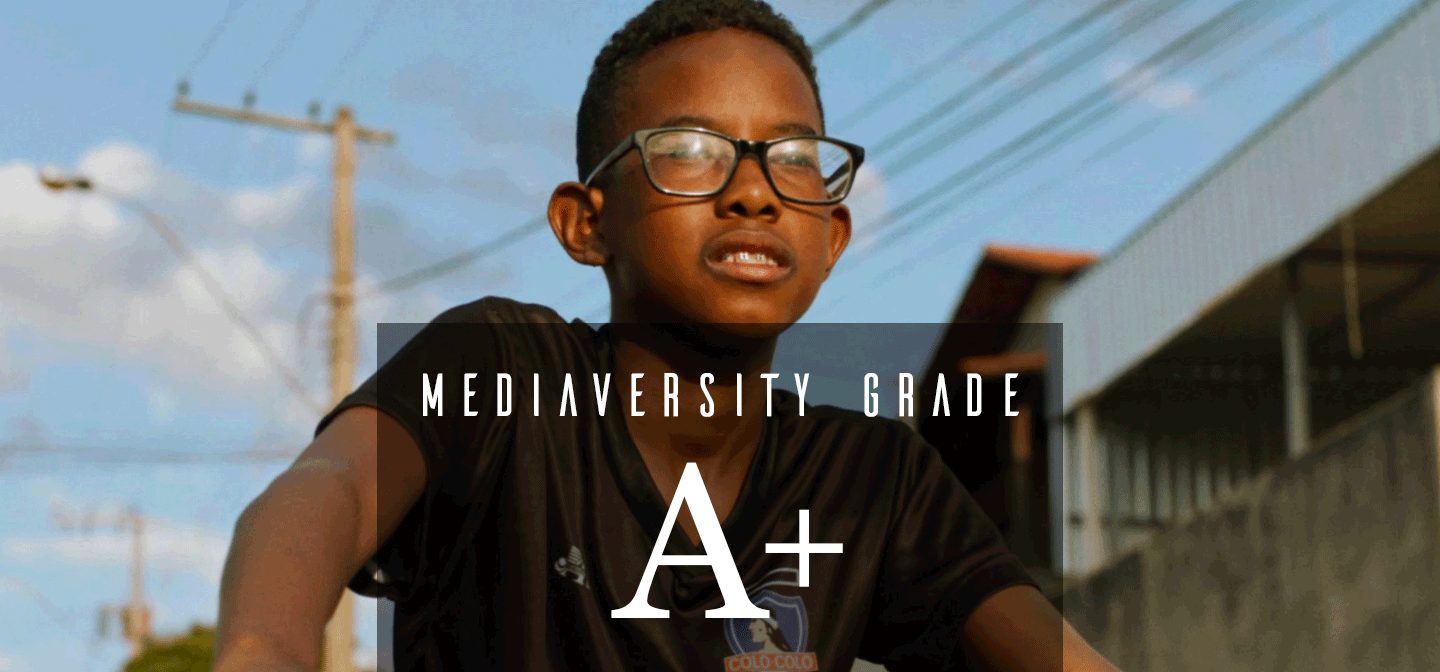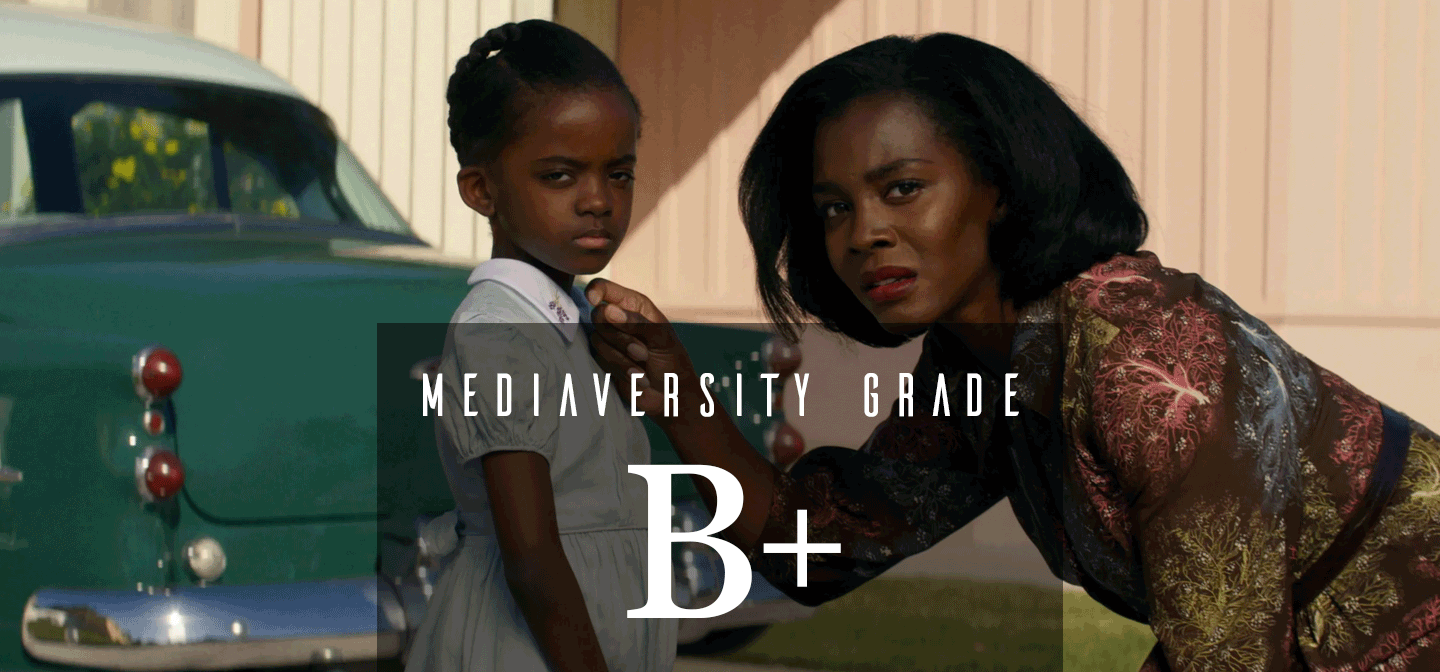The Devil You Know
“It’s positive to see The Devil You Know showcase loving relationships between Black men, even if it indulges in stereotypes to get there.”
Title: The Devil You Know (2022)
Director: Charles Murray 👨🏾🇺🇸
Writer: Charles Murray 👨🏾🇺🇸
Reviewed by Li 👩🏻🇺🇸
Note: This review was commissioned by Lionsgate. The content and methodology remain 100% independent and in line with Mediaversity's non-commissioned reviews.
—SPOILERS AHEAD—
Technical: 1.75/5
Crime thriller and family drama The Devil You Know recalls a dull episode of television misplaced into a 116-minute movie. It falls short on all technical fronts: Sallow cinematography just barely gets the job done; rote music and sound leave a cheap aftertaste; and talented actors like Omar Epps (Power Book III, This Is Us), Glynn Turman (Ma Rainey’s Black Bottom), and Michael Ealy (Bel-Air, Fatale) are asked the tall order of bringing a mediocre script to life. Forced to jostle for room among an overstuffed cast, no one comes out with a memorable performance. Writer-director Charles Murray’s lethargic film simply feels superfluous among a horde of other viewing options.
Gender: 3.5/5
Does it pass the Bechdel Test? YES, but barely
Women appear in many supporting roles, but the film focuses on conflict between two brothers, Marcus (Omar Epps) and Drew Cowans (William Catlett). Another two brothers and their father and mother round out the Cowans, with wives and girlfriends pushed to yet smaller roles, important only insofar as they affect mens’ storylines.
Among them, matriarch Della Cowans (Vanessa Bell Calloway) rises to the top as the only female character who influences the central crime plot. Her sense of personhood feels most realized when she pushes back against her sons and acts independently, following her own moral compass. In addition, Marcus’ love interest Eva Dylan (Erica Tazel) also retains a sense of self. While she does exist only to augment his emotional story arc, it’s great to see her prioritize her own needs when his drama gets to be too much.
In short, the women feel inoffensive but tangential. More interesting are the warm displays of affection that regularly transpire between the Cowans men. It may be difficult to get past the film’s stereotypes of Black masculinity at first, which arrive through elements such as Marcus’ alcohol addiction and past stint in prison; Drew’s criminality and gun ownership; or even in the mundane like at a dinner party where the men refuse to help wash up in the kitchen. But the behavior isn’t rewarded.
In The Devil You Know, toxic masculinity protects no one—only spurs strife, pain, and disappointment. It’s the moments of tenderness, like Drew crying in front of his older brother Anthony (Curtiss Cook) or the brothers casually saying “I love you” as they part after a hangout that offer something just a bit more than the tropes Hollywood usually trades in. Murray successfully communicates what positive male relationships could look like. It’s just too bad the message gets undercut with the ending, where Murray seems to question whether or not brotherly love (and the unwavering loyalty that comes with it) ought to have its limits. In a better-made film, this could’ve been a thought-provoking takeaway. But in The Devil You Know, the question proves more philosophical than the script can handle.
Race: 4.5/5
Told from the perspective of a Black writer-director and dominated by a majority-Black cast, it’s always positive to support authentic filmmaking that provides paid work for actors of color. But as touched upon above, the premise does feature a lot of what we’ve seen before. Film critic Carla Hay of Culture Mix drives the point home, saying that The Devil You Know “repeats negative, racist stereotypes that African American men are most likely to become criminals—even the ones who come from ‘good families.’”
In particular, these cliches of violence and aggression are embodied by Drew and his shady acquaintances Stacy Griffin (B.J. Britt) and Al Edwards (Theo Rossi, multiracial of Italian, Spanish, and Syrian descent). But Murray does balance them out through other characters who range from being realistically flawed—such as Marcus or his father Lloyd Cowans (Turman)—to the more one-dimensional, angelic figures who nonetheless provide range to the film’s spectrum of Black humanity.
Bonus for Disability: +0.25
Marcus struggles with alcohol addiction, as viewers are introduced to the protagonist during an AA meeting. The condition is shown realistically as an ongoing battle, if a bit simplistically. (When things are good, he stays clean. When times get tough, he backslides.) Still, it’s impossible to fault the familiar when based on reality: In an interview with Shadow and Act, Murray shares, “I’ve had addicts in my family and some have overcome it, some haven’t. And it’s always about the situations that they get put in.”
In addition, Lloyd suffers a heart attack mid-film and the ensuing hospital scenes, and incremental road to recovery, normalize health issues and depict them as part of life rather than anything sensational or gimmicky.
Mediaversity Grade: C+ 3.33/5
It’s positive to see a film showcase loving relationships between Black men, even if it indulges in stereotypes to get there. Unfortunately, a dearth of technical craft lets down its cast members, leading to a lifeless, forgettable two hours.




